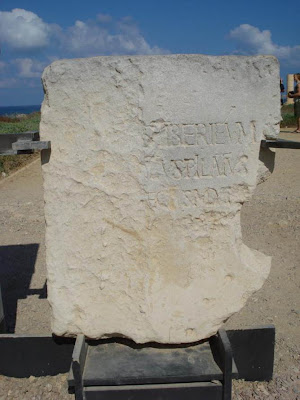 |
As a college professor and a lifelong student currently studying with my fourth post-secondary institution, I've written and taken a good share of tests. Let me explain some of the things I've learned and some of the things I encourage my students to do when taking a test.
Before the adventure of the testing experience approaches be sure to study (more on that in a future post). You cannot be effectively tested on material you have not learned so be faithful and diligent to hit the books before the test hits you.
When the chance to celebrate what you have learned through the accountability of a test or exam appears consider these steps to do your best.
STEP ONE Before you Begin - Write name, student number, etc. in appropriate places - this seems like a 'no-brainer' but...
STEP TWO Relax! Then read over the ENTIRE test before you do ANYTHING else. Why? to get the 'big picture' of the test, also to be familiar with all the contents and to know where to find information on the test. Trust me, it's not a waste of time - when struggling over a question you may remember that something about a particular issue was mentioned somewhere else (and may just jog your memory to help you answer the question...but only if you know the content of the whole test!).
STEP THREE Answer the questions from easiest to hardest. There is no sense struggling with the hard stuff, wasting time, 'freaking yourself out' more and forgetting what you do know under the pressure. Always write down what you know first. Getting the familiar stuff out first may just make enough room in your brain for the answers you think you have forgotten to be freed from their prison of anxiety.
STEP FOUR When in doubt (relax again)... If you get stuck on a question, read the entire test again. The answer, a hint, or something that will jog your memory may be written somewhere else on the test. When in doubt, always go with your gut. Your first instinct is often correct.
STEP FIVE Never Leave a Blank (or fill a blank in with something foolish). As a general rule, writing something is always better than nothing. The teacher can always graciously give you marks for a 'close' answer, if they so choose, but you can never get even a partial grade for leaving something unanswered. Again, re-read the test and take an educated guess.
STEP SIX Check, check, and re-check. Before you hand it in, take a second to clear your head and then re-read the test and check your answers with fresh eyes. Be very wary this time of careless mistakes when you were rushing to get questions answered.
WOLBI Students: Answer bonus on back of the last page.
All Rights Reserved. Jonathan Ward Copyright 2012






























